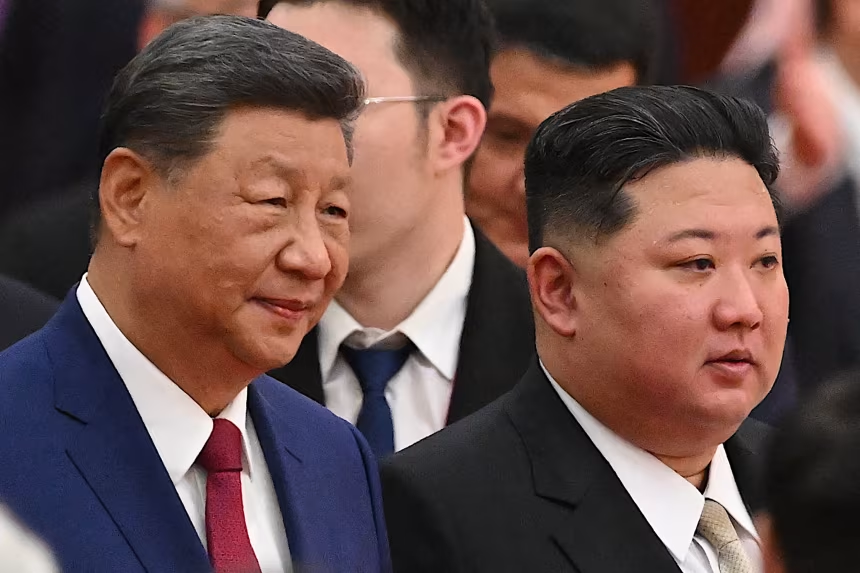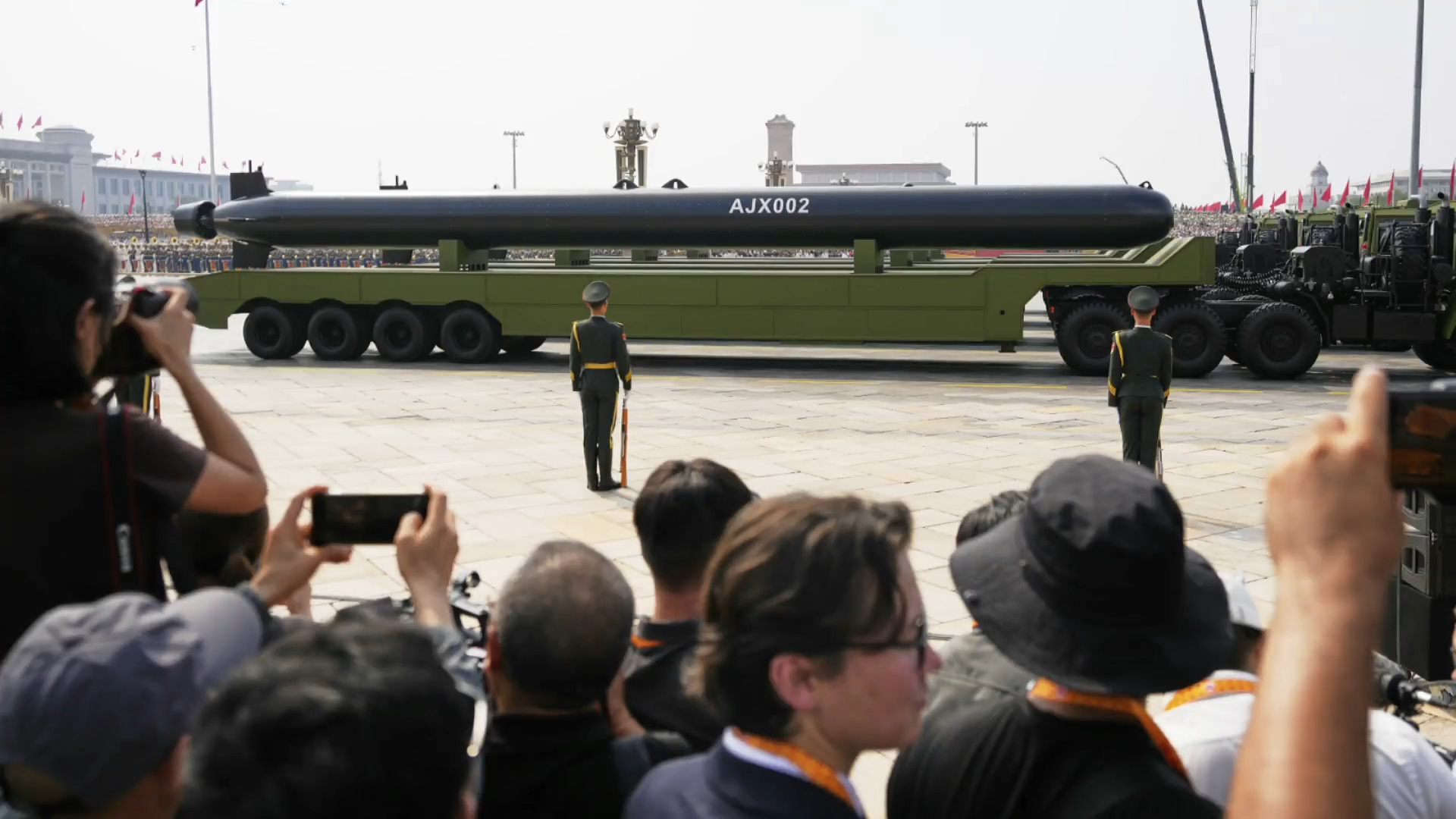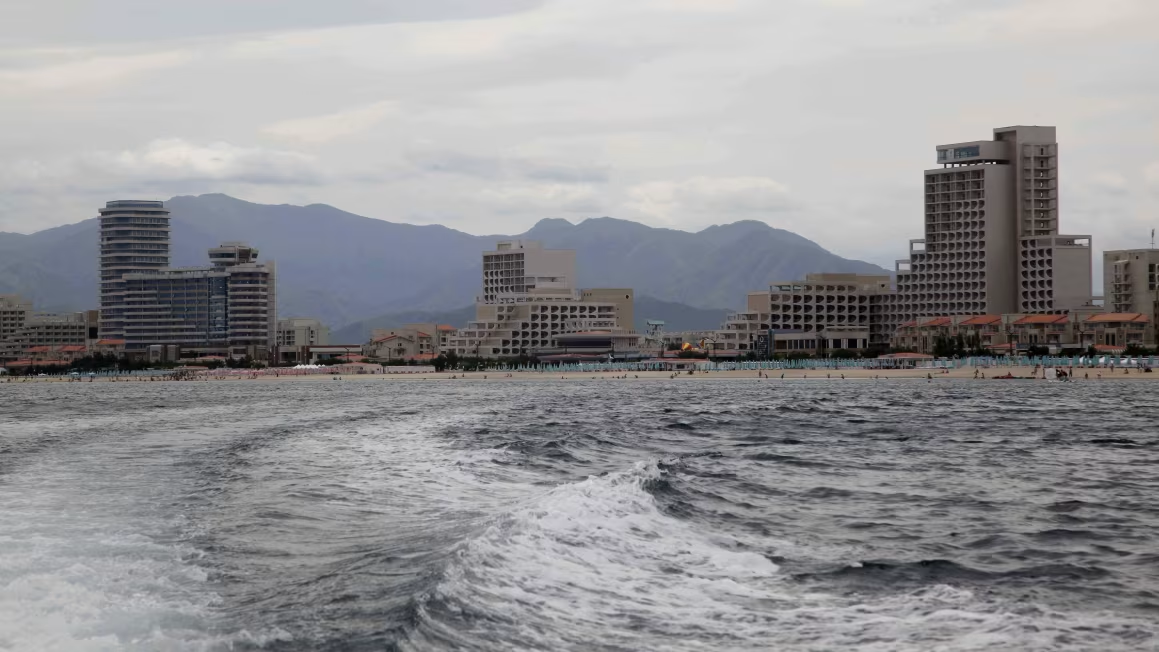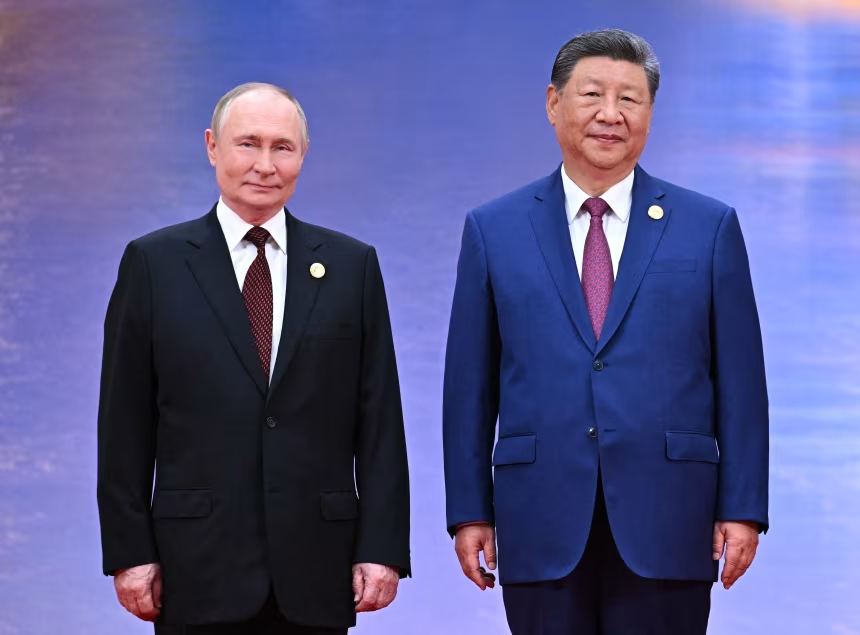North Korean leader Kim Jong Un made a rare foreign trip to Beijing where he held talks with Chinese President Xi Jinping, signaling a new chapter in the shifting balance of power in Asia. The visit, Kim’s first to China in six years, coincided with a large military parade marking the 80th anniversary of the end of World War II.
The summit produced firm pledges of deeper ties between the two neighbors. Both leaders emphasized strategic coordination, mutual support, and the importance of maintaining high level exchanges. Chinese state media described the meeting as warm and historic, underscoring Beijing’s intent to showcase solidarity with Pyongyang at a time of increasing tension with the West.
What stood out most was what went unsaid. For the first time in decades, official Chinese readouts made no mention of “denuclearization” of the Korean Peninsula, a phrase once central to Beijing’s position. Analysts see this omission as a sign that China may be adjusting its stance to accept North Korea’s nuclear reality, effectively strengthening Kim’s hand internationally. South Korean officials suggested that Kim likely insisted on this condition before attending the parade.
The optics of the summit were reinforced by North Korea’s immediate actions afterward. Days after leaving Beijing, Kim personally oversaw a successful test of a new solid fuel rocket engine designed for next generation intercontinental ballistic missiles. The timing underscored Pyongyang’s determination to expand its nuclear arsenal while relying on Chinese support to blunt global criticism.
For Washington and its allies, the Kim Xi summit represents a significant challenge. It highlights the growing convergence of interests among China, North Korea, and Russia, raising fears of an emerging autocratic bloc. With denuclearization absent from the diplomatic script, hopes for renewed negotiations on North Korea’s weapons program look increasingly remote.
Kim’s reappearance on the world stage, framed by Chinese hospitality and backed by fresh missile tests, demonstrates his resilience after years of isolation. The Beijing visit signaled that Pyongyang is not only refusing to step back from its nuclear path but is now emboldened by the embrace of its most powerful neighbor.





